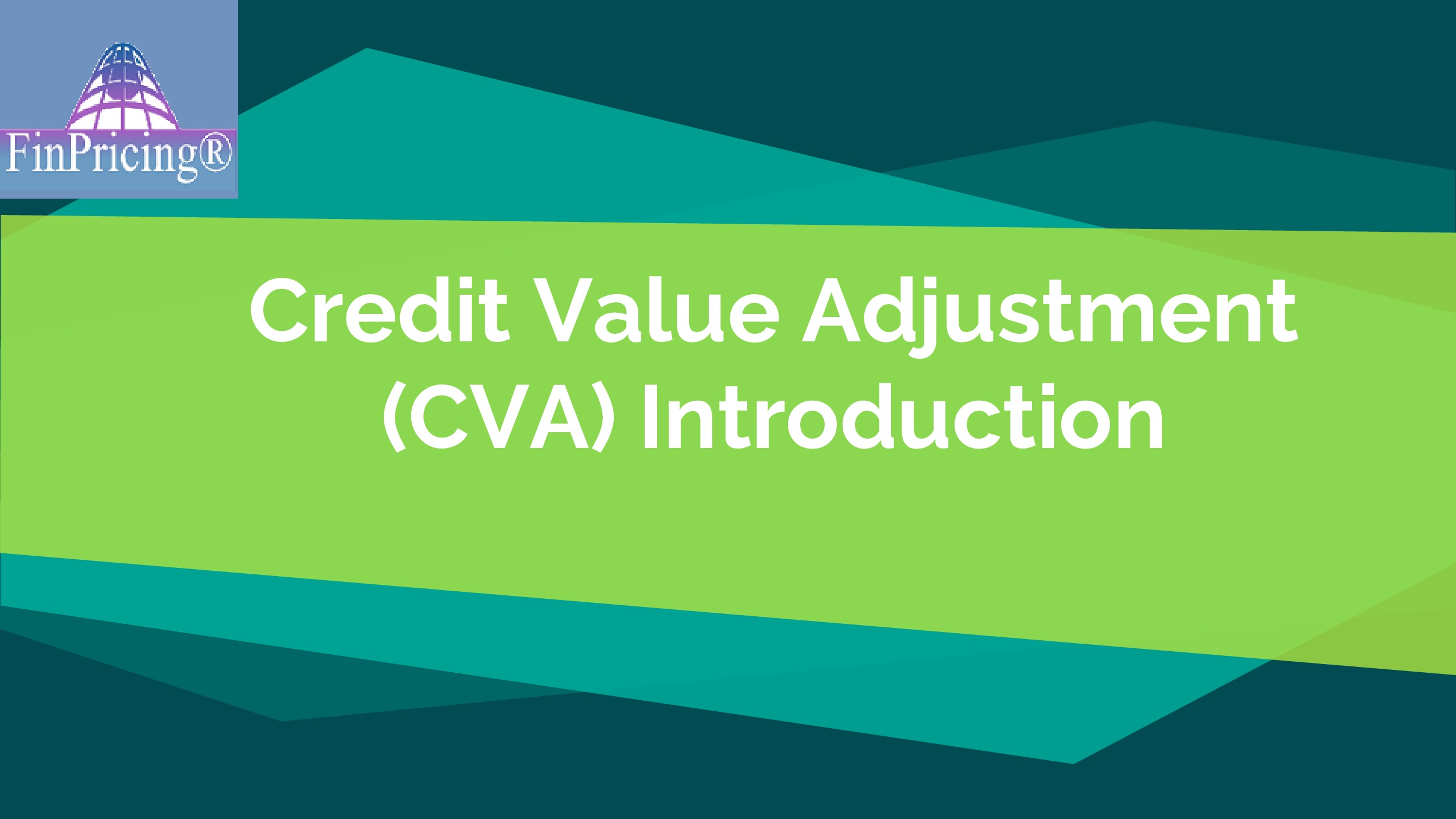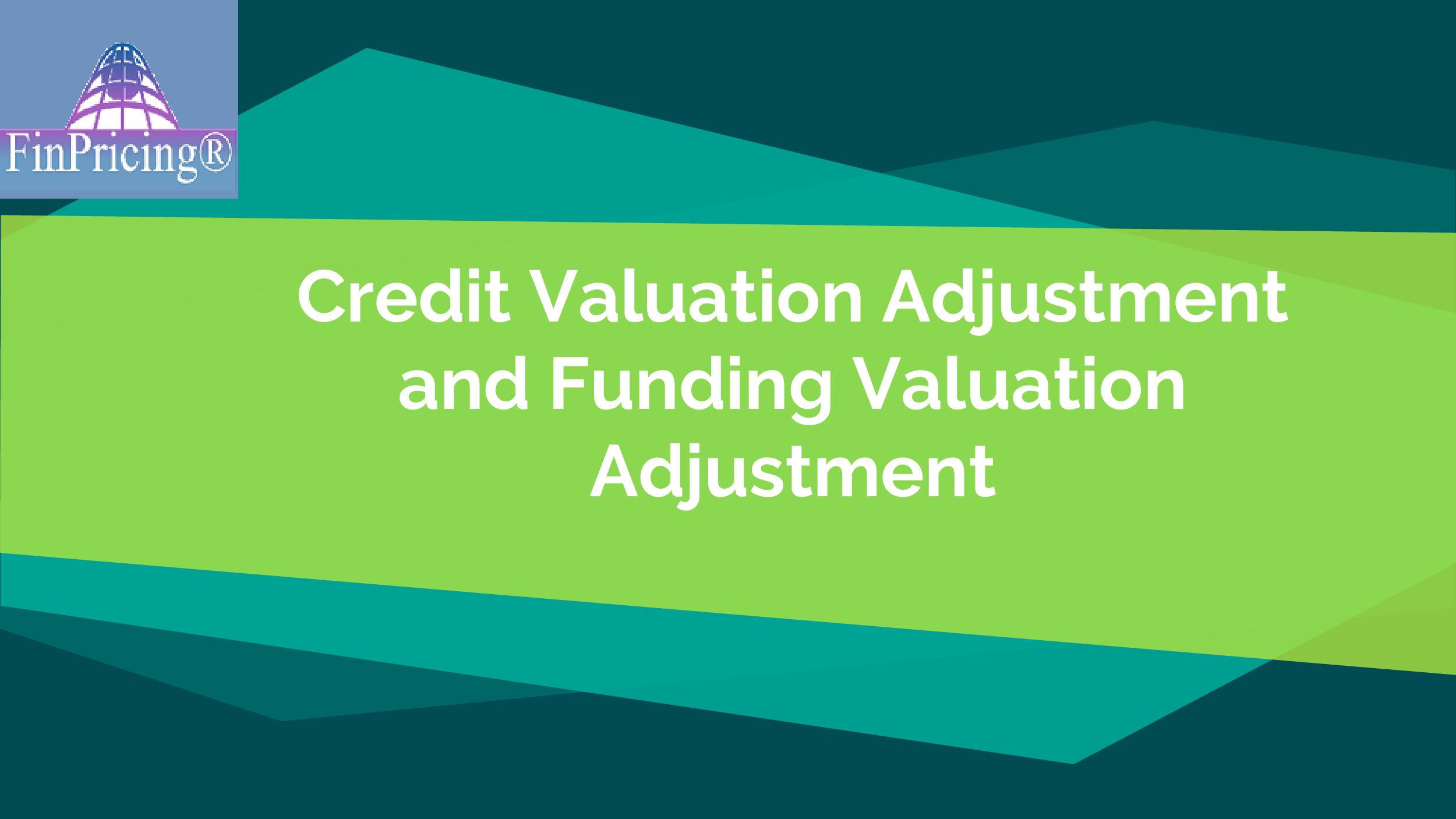There are no uploaded videos yet.
There are no uploaded posters yet.
There are no uploaded papers yet.




There are no uploaded conferences yet.